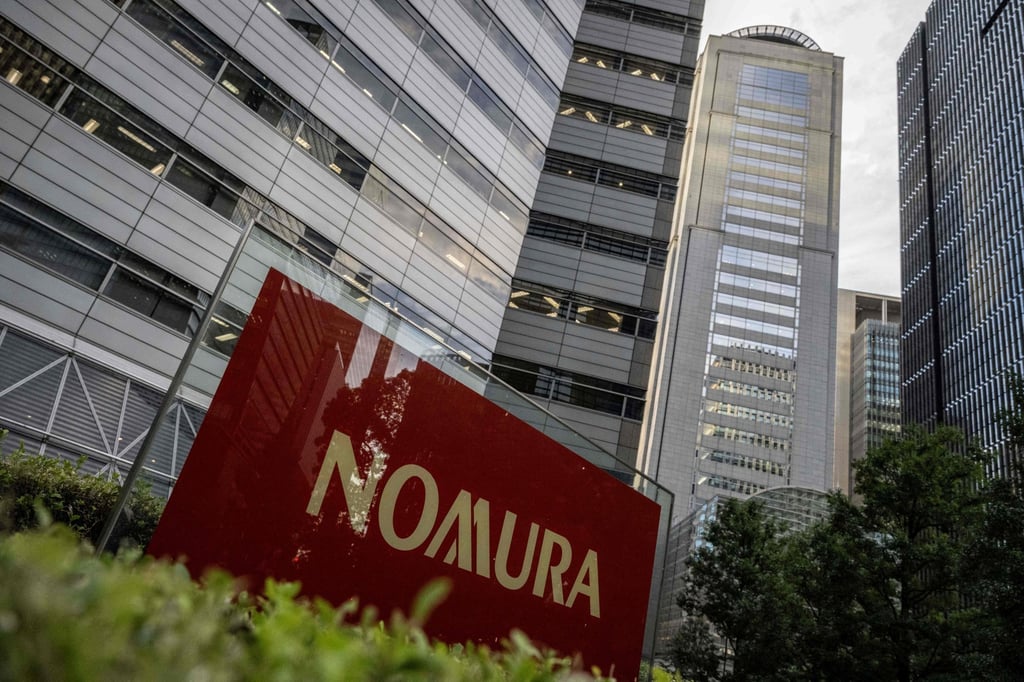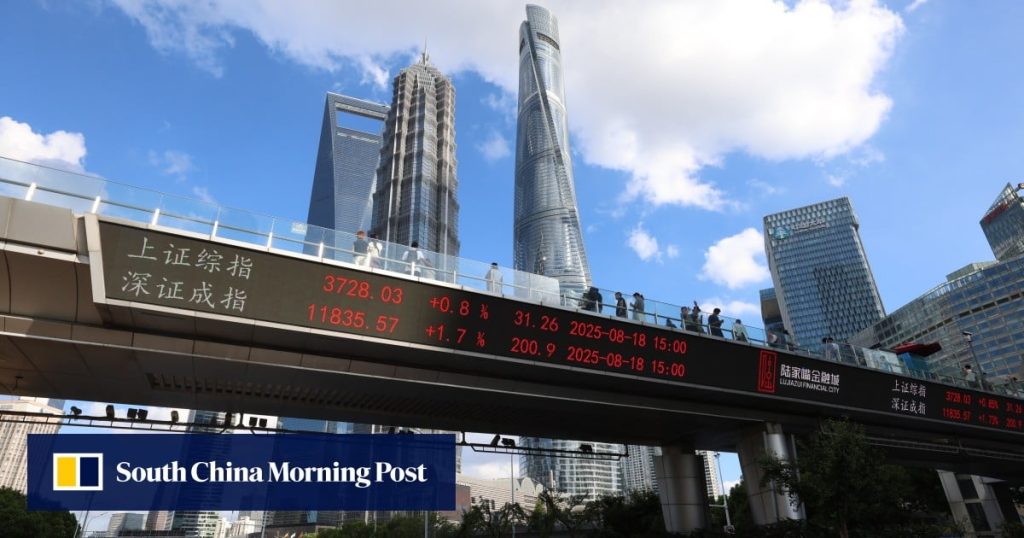China’s stock markets have surged to their highest levels in a decade, but the rally risks creating a bubble while offering little support to the slowing economy, according to historical lessons, Nomura has warned.
The Japanese investment bank cautioned that the rally may have even less impact on growth than the 2014-15 boom, which ended in a painful crash and did little to lift consumption or investment.
“The stock boom has the potential to lead to irrational exuberance, an increase in leverage and the formation of a bubble,” Nomura economists led by Ting Lu wrote in a report on Tuesday. “For Beijing, rolling [out] high-profile measures such as rate and reserve ratio cuts could fan the flames and inflate a stock market bubble, but doing nothing risks worsening the slowdown.”
The economists compared the recent rally with the boom seen between 2014 and mid-2015, when the Shanghai Composite Index skyrocketed by around 150 per cent before collapsing more than 40 per cent in a matter of weeks, inflicting losses on millions of retail investors. While trading activity buoyed the financial sector at the time, industrial production, investment and retail sales saw little benefit, the bank said.
This time, Nomura argues, the boost could be even smaller owing to structural headwinds.

For reasons, the bank cited Beijing’s tighter grip on initial public offering (IPO) financing, which curtails wealth creation, and the housing market’s prolonged slump, which limits the wealth effect for households. Government-imposed pay cuts and lower brokerage commission fees also reduced income gains for financial professionals, it added.


